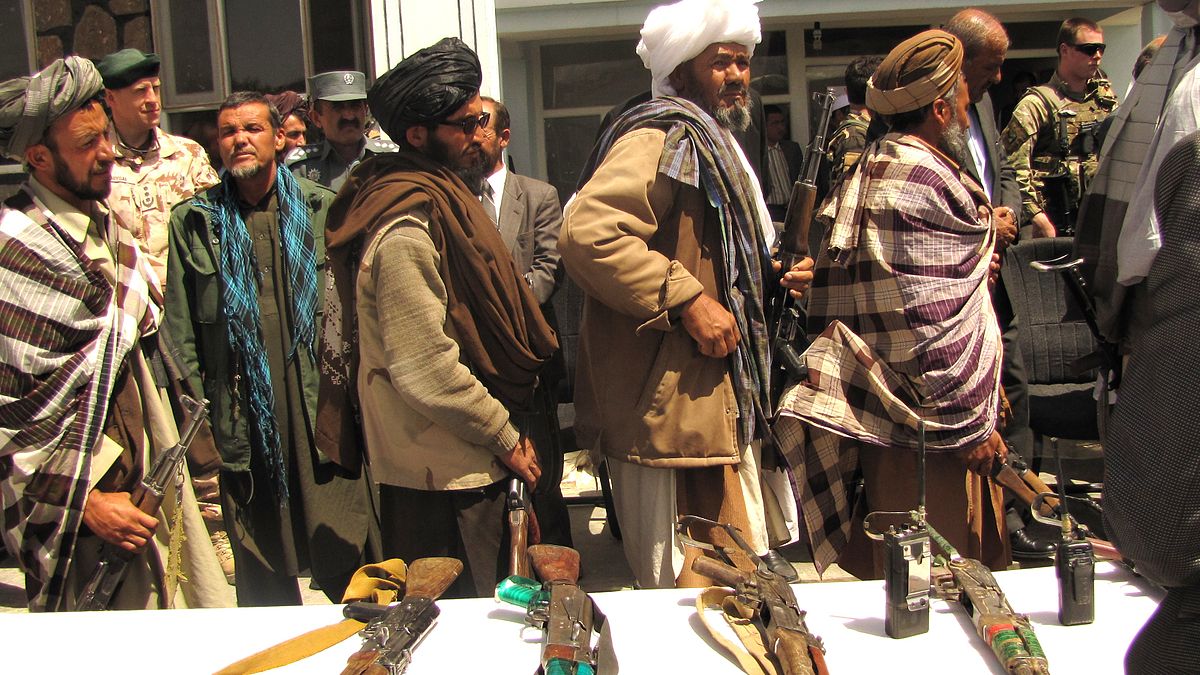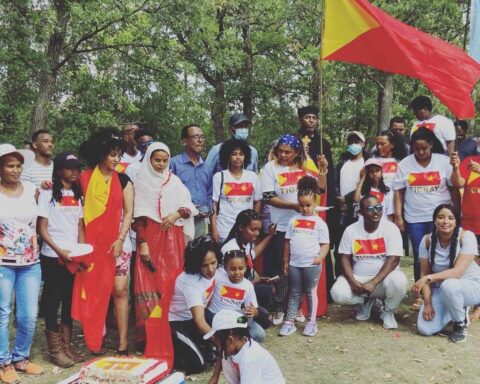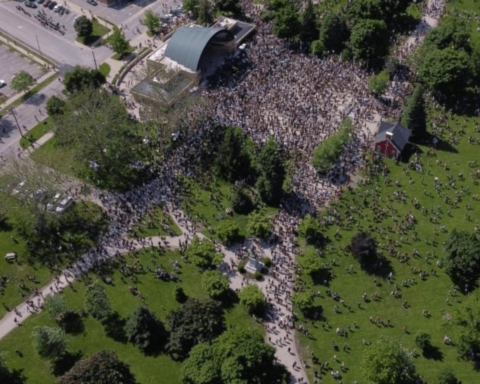Afghan Canadians are calling on Ottawa to contribute to the Afghan-Taliban peace process that kicked off in early September. Although progress in the intra-Afghan talks underway in Doha is slow, and violence continues on the ground, Afghans in Canada have high hopes that the negotiations could end a decades-long conflict.
“International contribution is required to conclude one of the prolonged conflicts of the world,” said Amanullah Ludin, 67, via Skype. “We [Afghans] expect the Canadian government to support the current move towards peace.”
Ludin, who lives in Toronto, is doing research on conflict resolution and the Afghan reconciliation process. For several years he has served at Afghan High Peace Council (HPC) as Master Trainer of Peace. “Peace is like clean water that everyone needs,” he says.
The so-called intra-Afghan talks between the Afghan government and the Taliban kicked off on September 12 in Doha as part of the U.S.-Taliban deal signed on February 29 to put an end to a 19-year conflict.
Based on the deal, the U.S. will withdraw its forces from Afghanistan by May 2021, and the Taliban will not allow groups like al-Qaeda to operate from its territory and threaten the U.S. or its allies.
The U.S. Secretary of State Mike Pompeo called the negotiations “a truly momentous occasion” during his speech at the opening ceremony in Doha. “Afghans have at long last chosen to sit together and chart a new course for your country,” he said. “This is a moment to dare to hope.”
It seems that both sides of the conflict are sitting together for the first time to hammer out a deal that could put an end to the prolonged bloodshed. But with controversial topics such as power-sharing, women’s rights and civil liberties, talks have quickly ground to a halt, and a solution is not in sight any time soon.
Ludin argues that the Canadian government should get involved in the Afghan peace dialogue because after the 9/11 attacks the Canadian Armed Forces contributed to the U.S. campaign against al-Qaeda and the Taliban in Afghanistan.
Canadian troops were deployed in October 2001 to support and defend the international fleet operating in the region. The total cost of the mission, lasting until 2014, is estimated at around $18 billion. The war took the lives of 158 Canadian soldiers and wounded more than 2,000 others.
Time to take ownership of peace
For Ludin and many Afghan immigrants in Canada, the talks are definitely a source of optimism. After abandoning their home country due to ongoing conflict, they hope to see Afghanistan prosper.
“This is a unique chapter in the history of the country,” Ludin said. “It creates optimism for a war-ravaged country. I asked myself several times: should I be merely an observer for peace? Absolutely no!”
“Eventually, time has come for Afghans to take the ownership of peace,” he stressed.
Decades of turmoil and devastation have forced millions of Afghans to leave their country and resettle overseas, becoming one of the world’s largest protracted refugee populations, according to the UNHCR. The Afghan population in Canada at the time of the most recent census of 2016 was close to 84,000 people.
The current developments give many Afghan immigrants hope that they may be able to go back home, although Ludin doesn’t intend to return. “Canada is my second home, where my entire family is safe and gets advanced education,” he said. Still, his heart is aching for his homeland.
“By any possible capacity, Afghans should take part in the process to bring up lasting peace,” he said. “Afghanistan must be connected with the world economically and socially.”
Mohsin Ramizi, 28, is another Afghan refugee who left his home country to build a better life. He works as a house painter, while also providing educational consultancy to youth back in Afghanistan. Roughly two years ago he resettled in the city of Vancouver.
“Unfortunately, the people of Afghanistan have not tasted the sweetness of peace for more than four decades, and everyone is just thirsty for peace,” Ramizi said.
In his view, Canada, being one of the most peaceful countries in the world, should do whatever it can to support the Afghan peace negotiations.
“It could be a practical step towards fulfilling the inveterate aspiration of the Afghan people to get peace, stability and security,” he said. “I believe Canada will do it.”
On the other hand, instability and unrest in Afghanistan could affect the security of the countries of the region and elevate their concerns over future mutual ties with Afghanistan.
Zrawer Khan Mufakir, head of the Afghan network for social services in Toronto, said that the U.S. should push regional powers and neighbouring countries to support the peace talks.
“We urge the U.S. to put pressure on Afghanistan’s neighbouring countries such as Russia, Iran, China and Pakistan to stop supporting terrorist groups in Afghanistan,” he said.
“If the U.S. is willing to bring durable peace in Afghanistan, overall, the Afghan people are happy for the steps taken to find a political solution for the ongoing war in Afghanistan,” Mufakir concluded.
Photo by Splash Rain, retrieved from Pexels.
Humayoon Babur is an Afghan freelance journalist and a member of the NCM-CAJ Collective. As the 2019 Fellow for the Alfred Friendly Press Partners Program, he has written about a wide variety of topics in the war-torn country, from combat and car bombs to climate change, food security, and the effectiveness of foreign aid.





